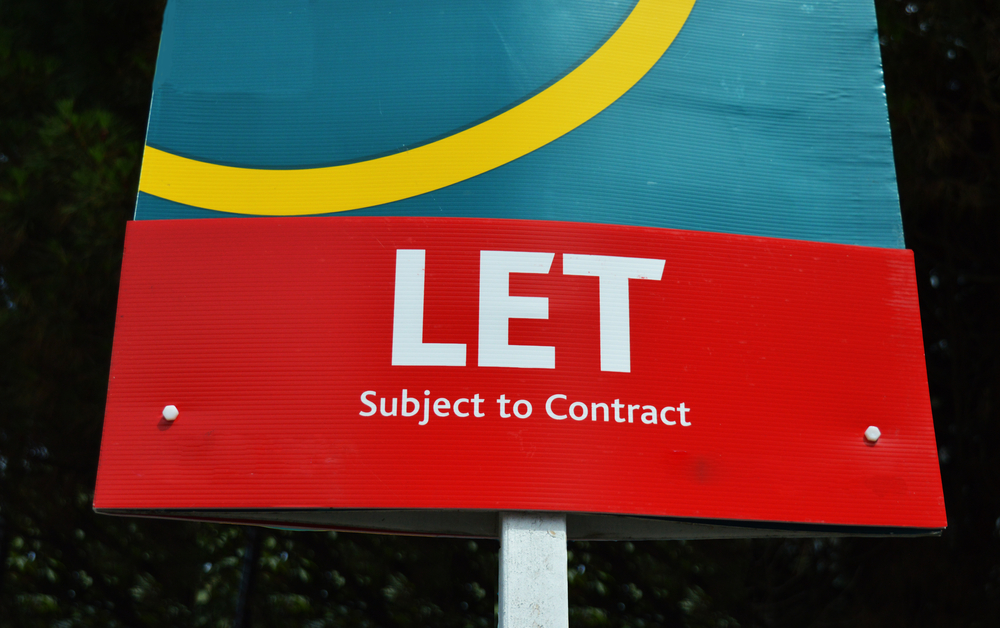Purchasing a timeshare is an important decision. There are a number of ways that you may consider financing your timeshare, using a mortgage or home equity loan is perhaps something that you are considering.
Before any decisions are made, it is important you consider your options carefully, do the appropriate research and even seek advice from the experts in order to ensure that the method you choose to finance your timeshare is the correct option for you, and that you are aware of the possible outcomes of your decision.
It is also important that you are aware of the fact that timeshares do not necessarily qualify for conventional mortgages. As timeshares often result in a rather low resale value, this is one of the reasons why banks may not choose to finance a timeshare.
Although the timeshare company could try and pressure you into a purchase without you understanding the consequences of what you have signed up for, it is essential that you take the time to make an informed decision that is right for you after you have taken everything into consideration.
Therefore do not let yourself be fooled by a flashy sales pitch, incentive gifts, or be told that purchasing now will give you a great deal. Make a choice in your own time and after you have read through the contract with a fine tooth comb and weighed up all of your options.
Home Equity Loan
If you are considering financing a timeshare with a mortgage then one of the ways you may choose to do this is through your home equity loan.
Applying to the bank or mortgage company for a home equity loan may not be too difficult.
One of the benefits with purchasing your timeshare outright is that you can help to avoid finance charges that you could be presented with at a later stage.
You should be aware with this option according to eHow’s guide discussing financing a timeshare is that unlike conventional mortgages, the interest on a home equity loan does tend to be higher.
However, the advantage would be that in comparison to a loan that has been financed from the timeshare company or seller, the interest with a home equity loan is much lower. Furthermore the interest that you do pay does tend to be tax deductible as outlined in Home Guides article to financing timeshares.
But…
You may in the position of not owning a home but considering an equity loan, yet it you have not yet purchased a home the it would perhaps not be advisable to be purchasing a timeshare at all.
If using a home equity loan is a method that you are consider for financing your timeshare, then you also need to be conscious about the using up your equity.
If you have been saving up our equity in case of an emergency situation then using it up to finance your timeshare may not be such a wise decision as pointed out by the Financial Web’s 3 Options to Getting Timeshare Financing.
Every individual’s financial situation will differ, therefore what will suit one person may not be the best option for someone else, therefore it will be up to you to consider the consequences of using up your home equity loan.
Rather than using a conventional mortgage to finance your timeshare which may not be an option, your next choice is pointing towards getting a home equity loan. However whilst some timeshare companies may push you towards using this as a means of financing your timeshare, this doesn’t necessarily mean that it is the correct option for you.
There are other forms of financing your timeshare that could be more suitable to your financial situation. If you are seeking advice about the possibility of purchasing a timeshare but feel that you would benefit from more information before making such an important decision, or perhaps you are looking to exit your timeshare and require assistance, then make sure you get in contact with Timeshare Exit & Support Services here.









